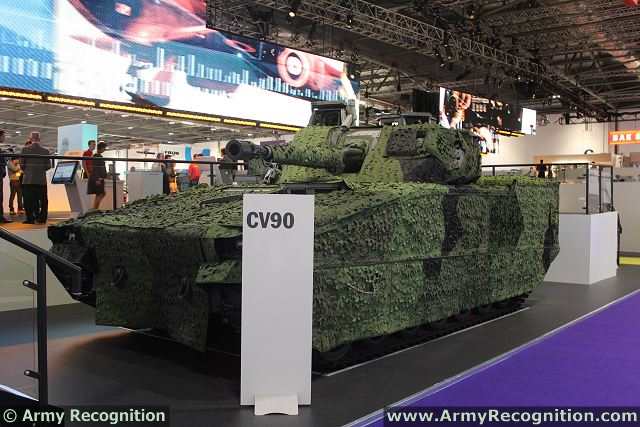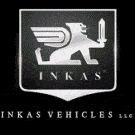| a | |||
Defence & Security Industry News - BAE Systems |
|||
| Thursday, November 14, 2013 08:14 AM | |||
| BAE Systems selects Canadian Companies to provide CV90 for Close Combat Vehicle program. | |||
A
November planning session in Ottawa was the latest development in BAE
Systems drive to ensure Canadian industry has a major role to play in
the Close Combat Vehicle (CCV) program. The aim of the CCV program for
the Canadian army is to field a Medium Weight (30-45t) highly Protected
and Mobile Close Combat Vehicle (CCV) in which fully-equipped Infantry
and Forward Artillery Observation parties will be delivered intact for
close combat operations, in medium to high threat environments, often
with the intimate support of Main Battle Tanks. |
|||
BAE
Systems has selected a coast-to-coast Canadian team of companies which
would play a major role in the program if its CV90
is selected. These strategic partners include: ABB, DEW Engineering, Mil-Quip,
SAAB Canada, Calian (SED Systems), Thales, Valco Manufacturing, Dumur
and Soucy. “Our goal was – and remains – to offer to the customer the highest-quality, highest-performing, Canadian solution. And that meant seeking out Canadian companies that could meet our strict criteria on performance, capabilities and price,” explains Caroline Elliott, General Manager for Group Business Development in Canada. “Our Canadian CCV team was handpicked after an exhaustive industry scan – a cross-Canada tour and review of some 178 companies, in fact. Early in the game we sought out Canada’s best and, quite simply, that’s why they’re on our team.” Representatives from all partner companies came together for the Ottawa planning session so that if successful with CV90, the group can hit the ground running to meet Canada’s programme delivery and IRB requirements. “Holding these types of meetings is in-line with our usual, proven practice of engaging and supporting local industry early in a programme so we minimise cost, risk and timescales further down the line,” said Elliott. “But it is also a great opportunity for face-to-face conversations around shared and individual best practices and experiences.” |
|||
BAE Systems selects Canadian Companies to provide CV90 for Close Combat Vehicle program 1411131
- Posted On















